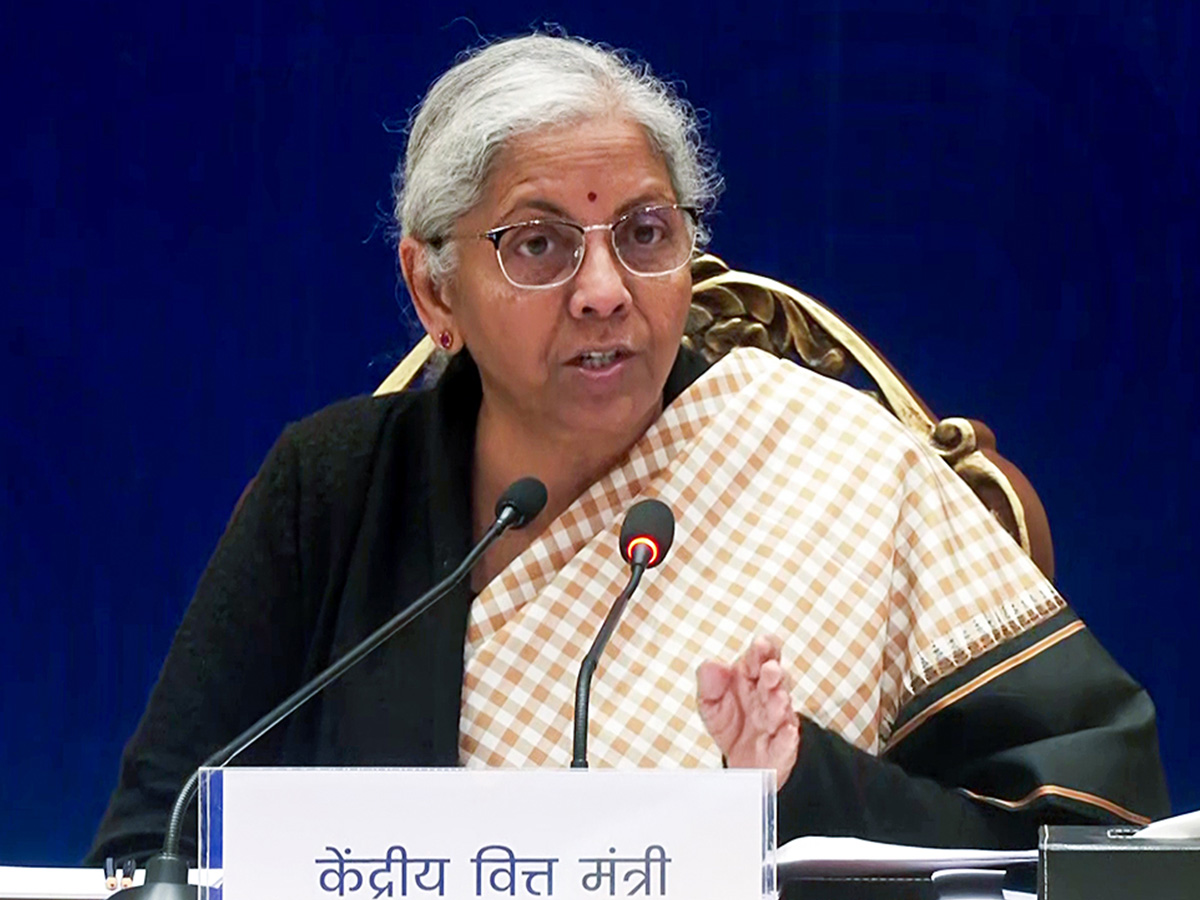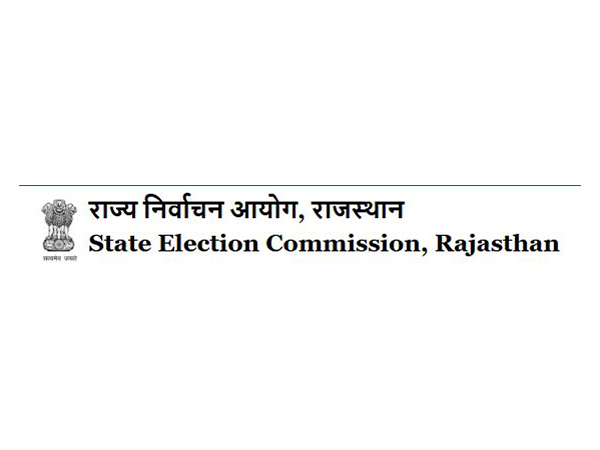Embracing AI: A Balanced Approach for Professionals
Oct 16, 2024

India PR Distribution
Mumbai (Maharashtra) [India], October 16: In the fast-paced world of financial services, Artificial Intelligence (AI) has become a cornerstone of innovation, reshaping the way professionals work and make decisions. The benefits of AI are numerous--ranging from enhanced efficiency to precise data analysis--yet, as AI continues to weave into the fabric of everyday operations, questions around its impact and ethical use emerge.
On one hand, AI has significantly boosted productivity in the workplace. Tasks that were once labour-intensive, like data processing, market analysis, or even customer service interactions, are now streamlined through AI systems. These intelligent machines process vast amounts of information quickly, allowing professionals to focus on high-level strategy rather than getting bogged down in routine work. For instance, AI in financial services can predict market trends, flag potential fraud, or tailor customer investment strategies--all with speed and precision. In capital markets, AI's ability to analyze large data sets in real-time allows professionals to spot patterns that would otherwise go unnoticed, providing a competitive edge. This technology enables better decision-making, freeing up human creativity and strategic thought for more complex challenges.
Algorithmic trading now accounts for around 60% of overall trading activity, with AI increasingly integrated into trading algorithms to enhance efficiency. AI-driven models improve the accuracy of price and volume predictions, allowing for more precise trade execution. By leveraging AI, trading systems can better anticipate market movements and adapt strategies in real-time, boosting overall performance in the fast-paced trading environment.
Yet, with the rise of AI, professionals may become overly dependent on algorithms, allowing machines to dictate decisions that were once driven by human insight. While AI can offer compelling predictions, it still lacks the ability to fully understand the emotional, ethical, and contextual nuances that humans naturally consider in decision-making. In certain instances, an over-reliance on AI could narrow professionals' thinking, discouraging them from questioning AI-generated insights or exploring alternative approaches. AI, for all its intelligence, lacks the creative leap or gut instincts that often lead to breakthrough ideas in the workplace.
Moreover, the ethical implications of AI in the workplace are becoming more pronounced. AI is only as good as the data it learns from, and biased or incomplete datasets can lead to skewed outcomes--particularly in areas like hiring, customer evaluations, or risk assessments. In financial services, a biased algorithm could misjudge an investment opportunity or a client's risk profile, leading to potentially unfair or harmful decisions. For example, a biased algorithm used in client evaluations could unfairly assess creditworthiness, which could have lasting negative consequences. This raises the need for a human layer of accountability and constant monitoring to ensure AI systems are working as intended, without bias or unintended consequences.
Professionals must also consider the balance between AI automation and the human touch, particularly in an industry built on trust and relationships. AI may be able to handle client queries faster or predict financial outcomes more efficiently, but it cannot replace the reassurance of a trusted human advisor. Personal relationships, empathy, and intuitive understanding remain critical in fostering client trust--areas where AI, despite its many capabilities, still falls short.
As financial services continue to embrace AI, the challenge is clear: leveraging its transformative power while ensuring it enhances, rather than diminishes, human ingenuity. AI's strengths lie in its ability to process and analyze data, but humans must remain at the helm, applying critical thinking and ethical responsibility. AI can monitor real-time data feeds, flag potential fraud, and make predictions, but it's crucial for humans to oversee and verify its conclusions. The goal is not to let AI make decisions for us but to use it as a tool that empowers us to make better, more informed choices.
In this evolving landscape, the key lies in balance--AI can be a boon to productivity, but it must be managed carefully to avoid pitfalls. When combined with Robotic Process Automation (RPA), for example, AI's capabilities can be extended further. RPA can handle repetitive tasks like data entry and compliance reporting, ensuring that financial institutions operate with both speed and accuracy. Together, AI and RPA offer a powerful combination, enabling firms to minimize operational risks while boosting efficiency.
When wielded thoughtfully, AI has the potential to elevate the industry, but it requires human oversight to ensure it remains an asset rather than a crutch.
About the Author
Hardik Sanghavi is the CTO, Institutional Broking at IIFL Securities, Mumbai. With expertise in electronic trading and data analytics, he is dedicated to transforming capital markets and enhancing operational efficiency.
LinkedIn - https://www.linkedin.com/in/hardik-sanghavi/
Email - sanghavi.hardikk@gmail.com
Disclaimer
The views expressed in this article are personal and do not represent the views of the organization.
(ADVERTORIAL DISCLAIMER: The above press release has been provided by India PR Distribution. ANI will not be responsible in any way for the content of the same)




















